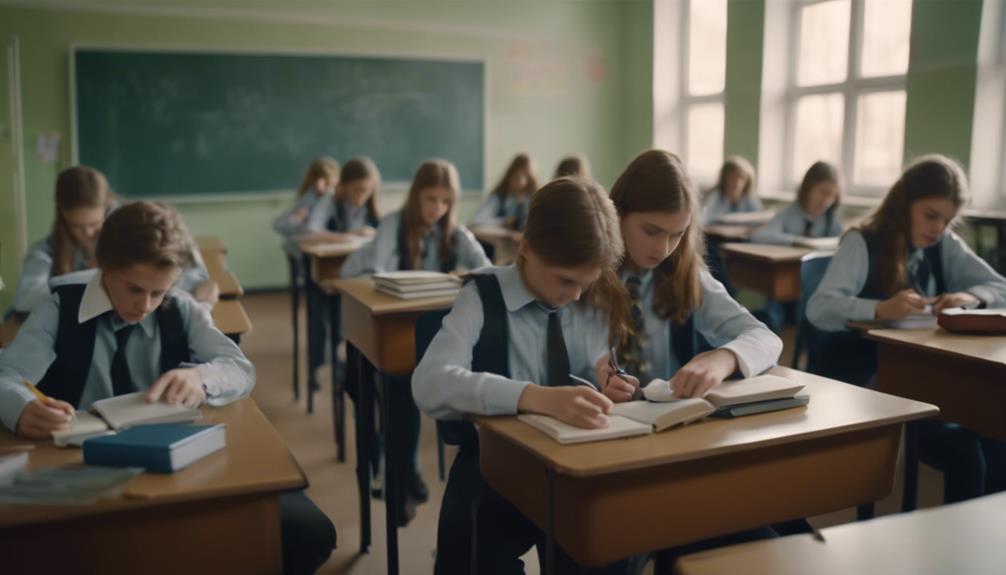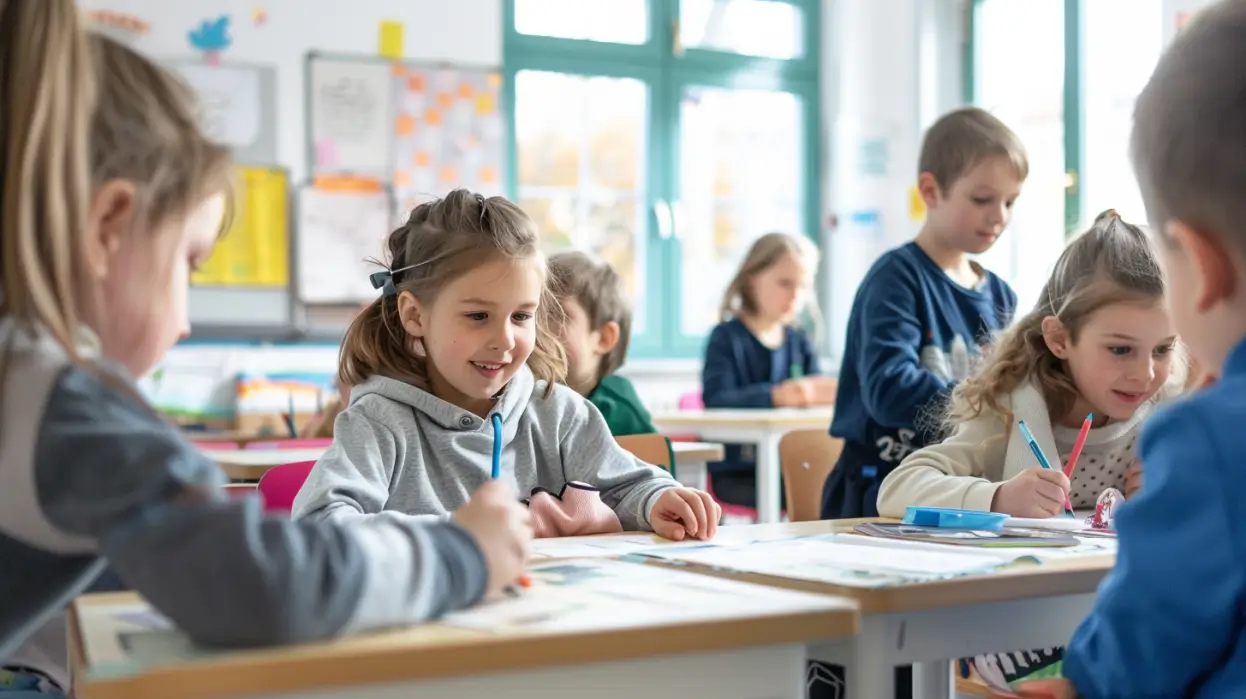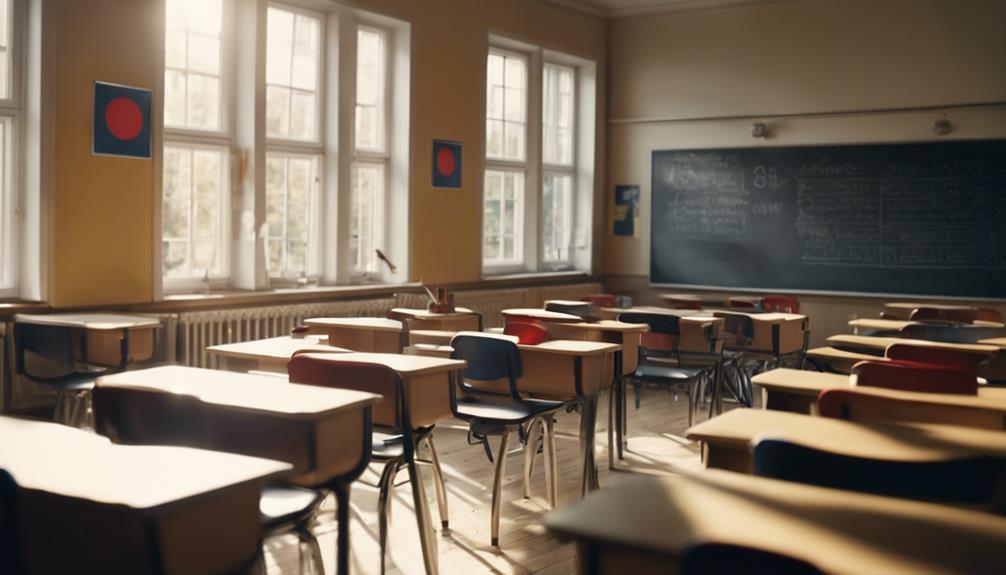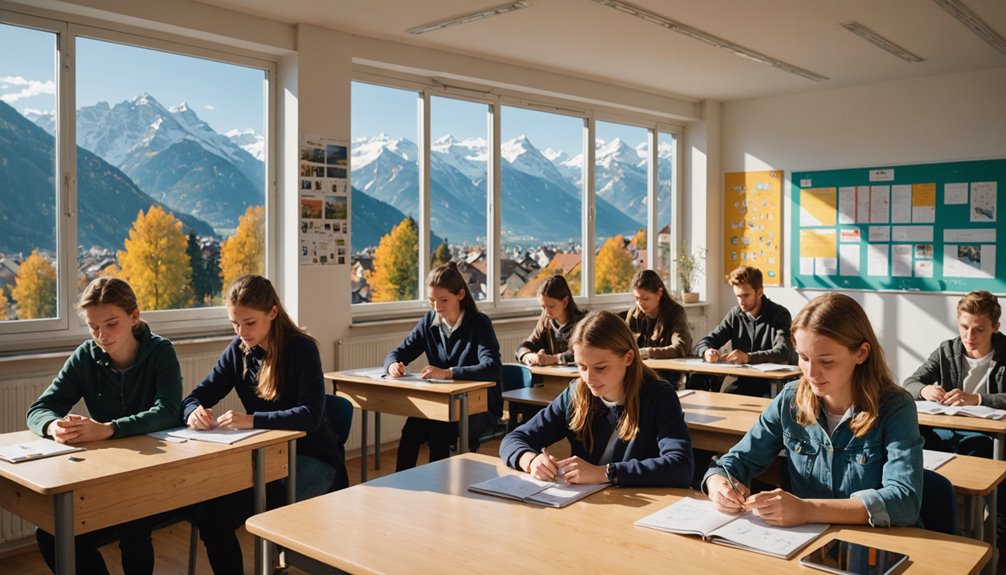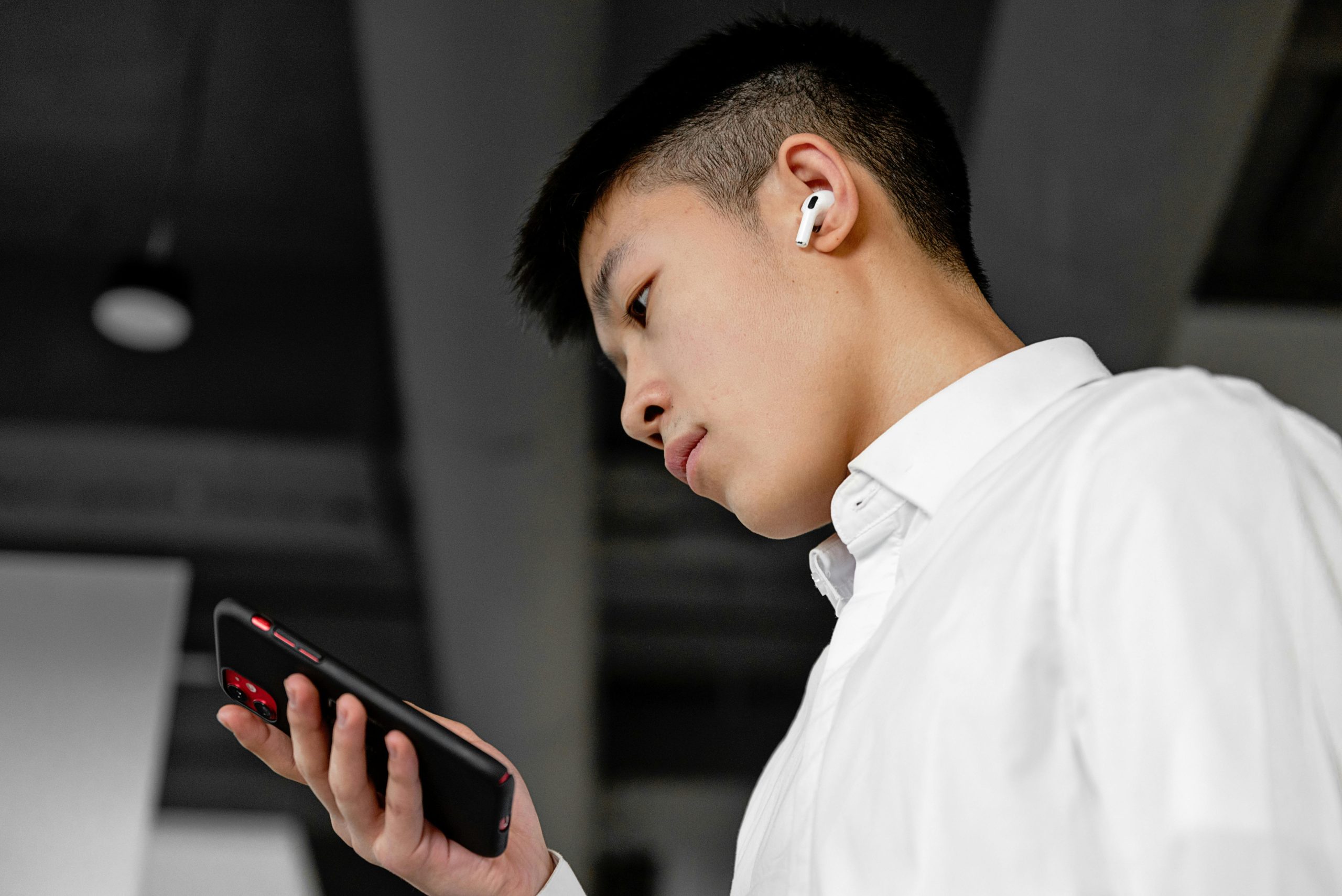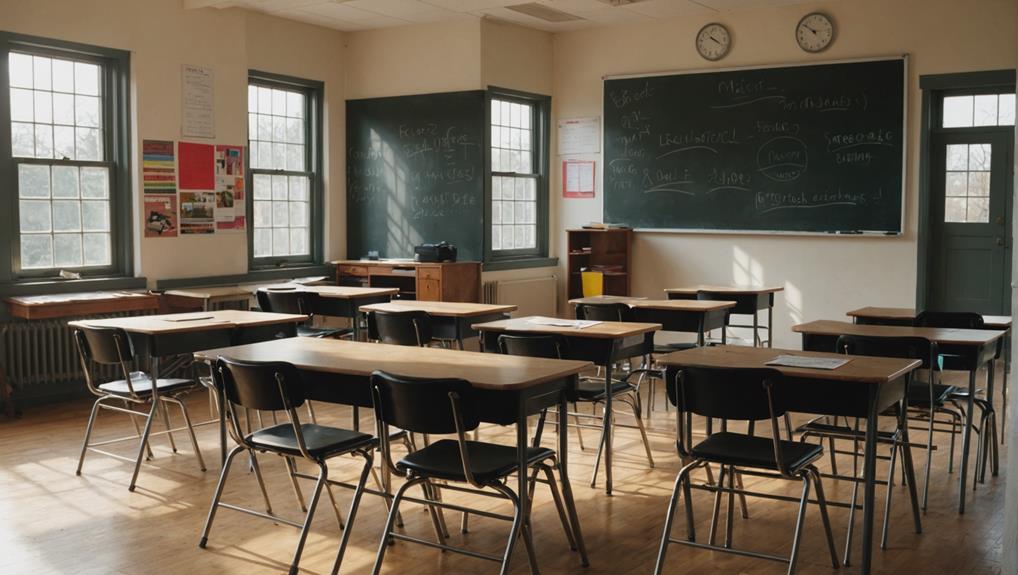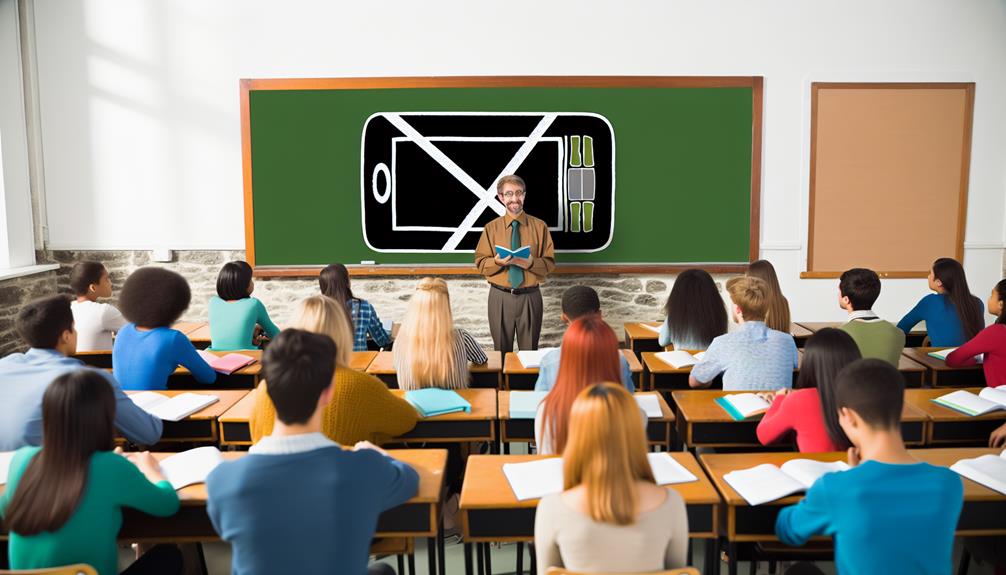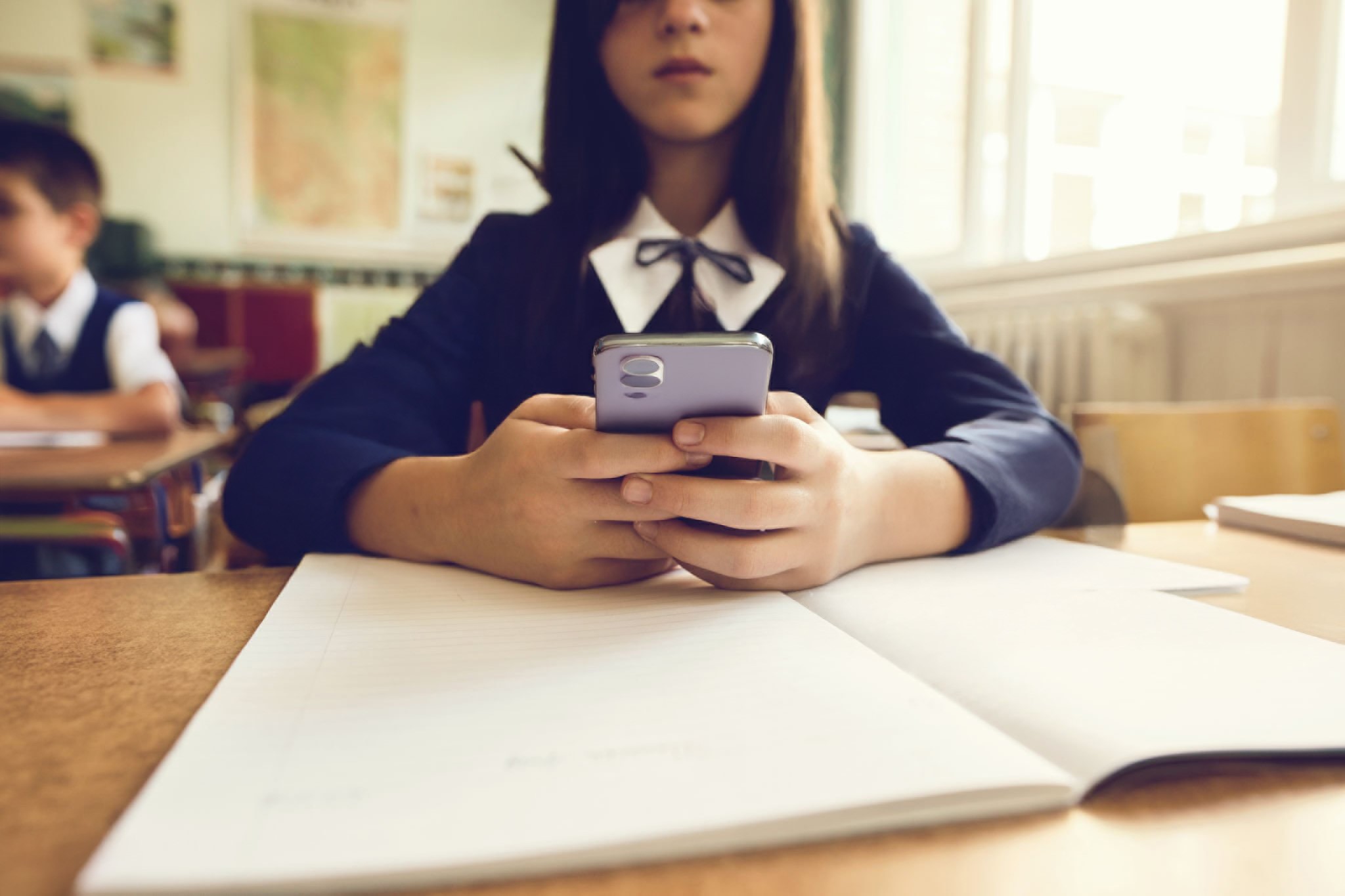Cell Phone Ban in Russian Schools
Cell Phone Ban in Russian Schools
Phone Ban in Russian Schools
The recent decision to enforce a cell phone ban in Russian schools, effective from September 1, 2024, has stirred significant discussion among educators, parents, and students alike. Instituted with the intent to bolster academic focus and minimize distractions, this policy has garnered substantial parental support, with approximately 75% in favor. However, the ban raises pertinent questions about its practical implementation and the potential impact on students’ adaptability and emergency communication needs. As schools introduce storage solutions like PhoneLocker pouches to facilitate compliance, the broader implications for educational outcomes and student behavior remain to be seen.
Key Takeaways
- Russian schools banned mobile phones during lessons starting September 1, 2024.
- The policy aims to reduce distractions and improve student concentration and academic performance.
- Phones must be stored in designated areas, with exceptions for emergencies.
- Approximately 75% of parents support the ban.
- Locking phone pouches are used to manage and store phones securely in schools.
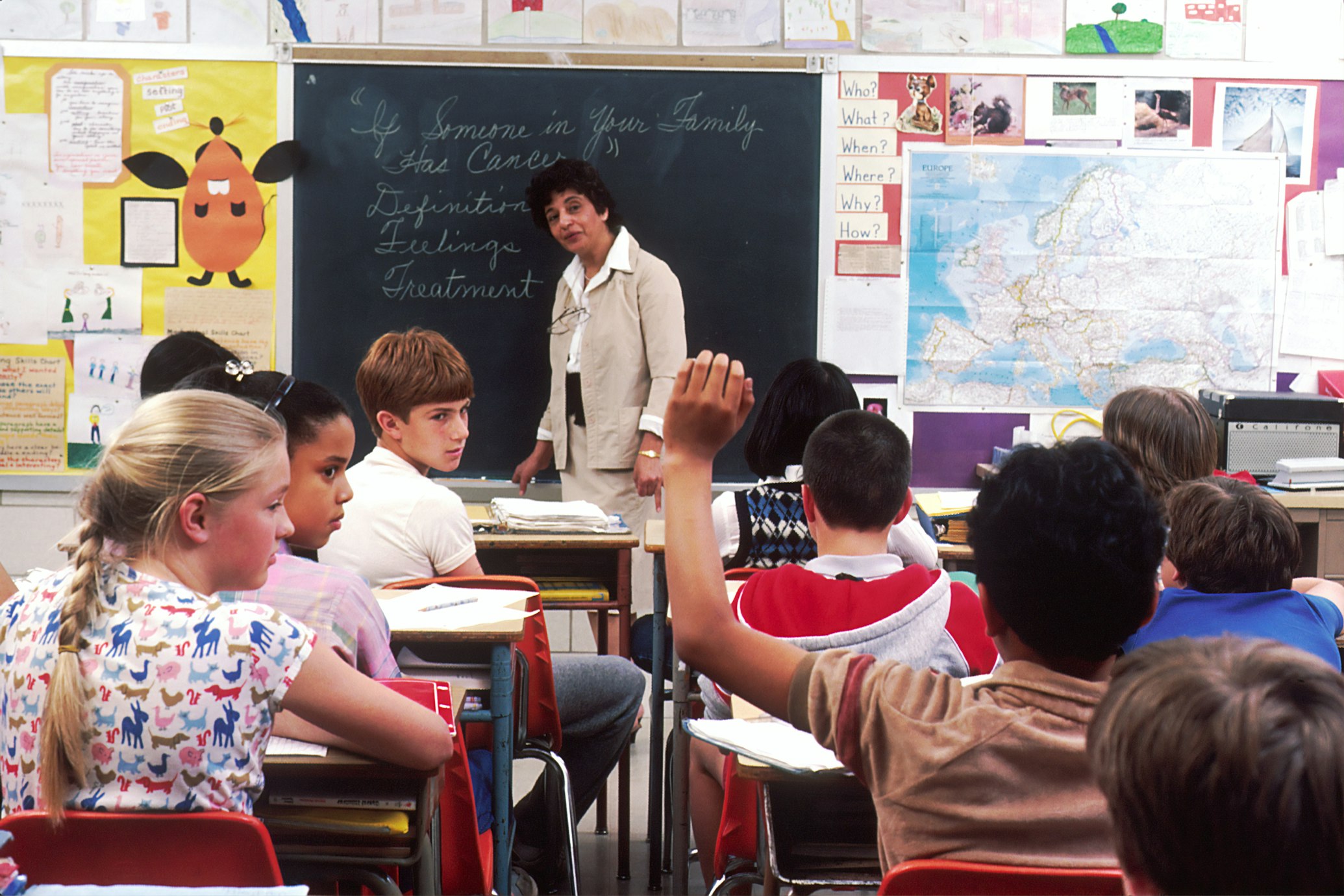
Background Information
The initial formal ban on mobile phone use in Russian schools was introduced in January 2021 through mandatory sanitary regulations. This policy marked the beginning of a structured approach to reduce distractions and enhance the educational environment. The regulations, codified under SP 2.4.3648-20, stipulated that mobile communications should not be utilized for educational purposes until January 1, 2027, laying a clear framework for enforcement.
In August 2022, the Ministry of Education reinforced this directive by explicitly banning phone use during lessons, requiring students to surrender their devices to teachers. This step was pivotal for ensuring compliance and addressing parental concerns over the potential health effects linked to prolonged mobile phone usage. Moreover, the policy aimed to mitigate distractions, thereby fostering a more conducive learning environment.
The historical trajectory of these regulations culminated in December 2023, when the Russian State Duma passed an amendment to the ‘Education Law.’ This amendment, effective September 1, 2024, formally prohibits smartphones and other communication tools in primary and secondary schools. The systematic implementation of these policies underscores a robust commitment to improving student focus and addressing both educational and health-related concerns. Enforcement remains key, requiring vigilant oversight from educators and adherence from students and parents alike.
Details of the Policy
On December 6, 2023, the State Duma adopted a law aimed at improving the interaction of participants in the educational process, specifically prohibiting schoolchildren from using mobile phones and other gadgets with SIM cards during lessons. This legislative measure, spearheaded by Speaker Vyacheslav Volodin and supported by all Duma factions, will officially take effect on September 1, 2024.
The policy outlines several key enforcement measures, such as requiring students to store their devices in designated areas during class hours. However, implementation challenges are anticipated, particularly in ensuring compliance across diverse educational institutions. Parental concerns have been voiced regarding alternative communication methods for emergencies, although exceptions for such scenarios are included in the regulation.
Student reactions to the ban vary, with some expressing apprehension over the loss of connectivity and entertainment, while others acknowledge the potential for reduced classroom distractions. The educational impact is projected to be significant; proponents argue that minimizing digital interruptions will enhance focus and promote live communication, thereby raising the profile of the teaching profession.
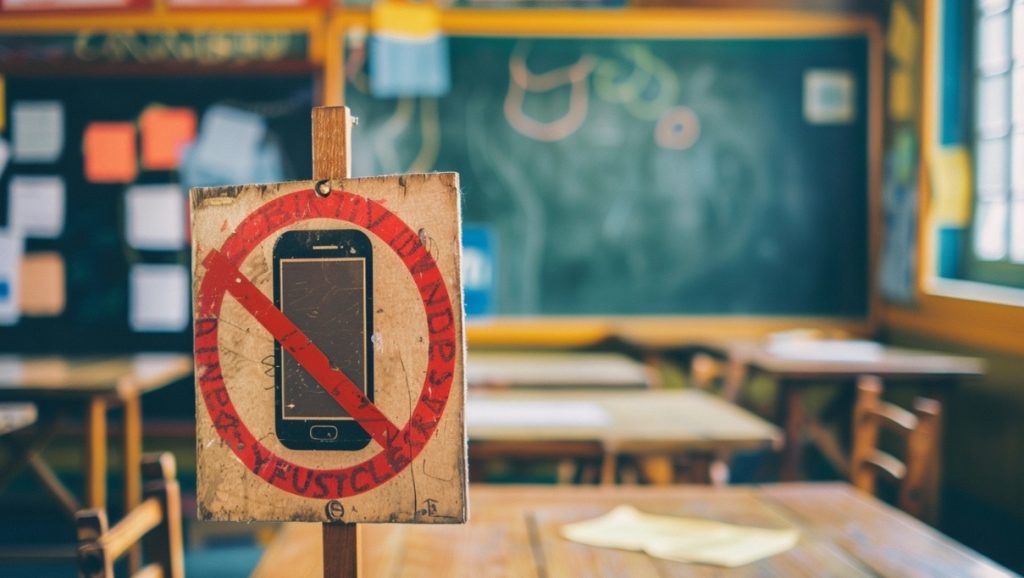
Reasons for The Ban
In an effort to improve educational outcomes, the ban on mobile phones in Russian schools aims to reduce distractions and enhance student concentration. An impact analysis of mobile phone usage in educational settings revealed significant issues related to student behavior and academic performance. Researchers identified a literacy crisis among 15-year-olds, with excessive screen time as a contributing factor. As a result, the government implemented the ban to foster an environment conducive to learning and face-to-face communication.
Parental concerns have also played a role in shaping this policy. Surveys indicate that a majority of parents support restrictions on mobile phone use during school hours, believing that such measures will improve their children’s academic focus and reduce disruptive behavior. Moreover, the Ministry of Education emphasized the need to strengthen teaching authority and create favorable conditions for educators.
Technological alternatives, such as educational computers and interactive boards, remain available to facilitate modern learning without the distractions associated with mobile phones. By addressing these multifaceted issues, the ban aims to strike a balance between leveraging technology for educational purposes and minimizing its potential drawbacks, thereby enhancing overall student performance and engagement.
Reactions to the Ban
Public response to the mobile phone ban in Russian schools has been varied, with significant support from parents and educators alongside concerns from students. Data indicates that approximately 75% of surveyed parents favor the ban, citing potential benefits such as improved focus and reduced distractions. Educators echo these sentiments, emphasizing the positive impact on classroom management and student engagement.
Conversely, students express apprehension regarding the enforcement of the ban and their adaptation to the new rules. Many students rely heavily on mobile phones for communication and entertainment, highlighting a significant adjustment period. This divergence in public opinion underscores the complexity of the issue.
Enforcement challenges are also apparent, as teachers must navigate the practicalities of implementing and monitoring the ban without infringing on students’ rights. Additionally, parental concerns about alternative methods of communication during emergencies remain a critical point of discussion.
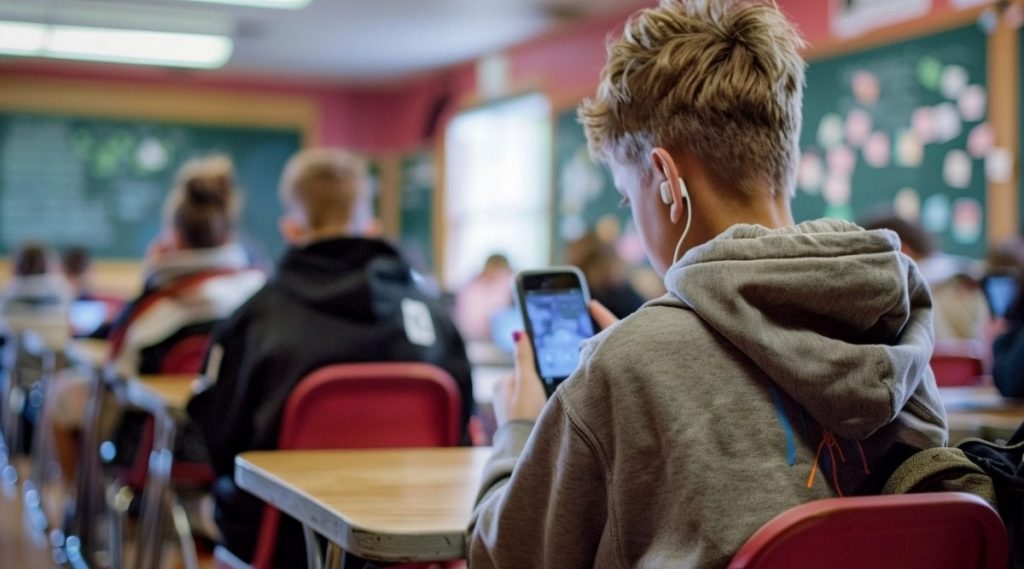
Educational Significance of Mobile Phone Ban in Russian Schools
The educational importance of the mobile phone ban in Russian schools is highlighted by its potential to enhance student focus and overall academic performance. Data from similar initiatives globally indicate a positive impact on learning outcomes; New Zealand’s policy, for instance, saw improvements in literacy rates and reduced classroom disruptions.
Parental concerns, however, must be carefully managed. Many parents worry about their ability to communicate with their children during school hours, requiring alternative arrangements. This could be lessened by structured break periods where limited phone use might be allowed.
Student adaptation to the ban is another critical factor. Initial resistance is expected, particularly from those dependent on phones for social interaction and entertainment. Gradual implementation and clear communication of the ban’s benefits could facilitate smoother adjustments.
Enforcement challenges are inevitable. Teachers and school administrators must develop strong strategies to ensure compliance without disrupting instructional time. Potential social implications include promoting better peer interaction and reducing cyberbullying incidents, contributing to a more united and supportive school environment.
International reference for mobile phone bans
Numerous countries, including Russia, Sweden, and England, have adopted mobile phone bans in schools to enhance educational outcomes and address behavioral issues. These measures aim to mitigate the educational impact of technological distractions and improve student focus.
For instance, Sweden’s ban extends to students up to age 16, including breaks between classes, targeting potential behavioral effects associated with phone use.
England’s guidelines, recommended by Education Secretary Gillian Keegan, focus on curbing disruptive behavior and online bullying, while bolstering attention during lessons.
In Denmark, the approach to mobile phone use in schools involves allowing individual schools to set their own policies. Many schools choose to limit phone use during class time to minimize distractions and encourage better engagement in lessons.
The societal implications of such bans are multifaceted, reflecting a global trend supported by UNESCO’s advocacy for restricting device use in schools to protect students’ emotional stability and academic performance.
Cultural differences also play a role in the implementation and acceptance of these bans. In France, a similar prohibition has been in effect since 2018, with Italy following suit. Meanwhile, countries like China, Australia, and various African nations have also imposed restrictions, each tailoring their approach to local educational systems and societal norms.

Ongoing Challenges and Future Perspectives
Addressing the ongoing challenges and future perspectives of mobile phone bans in schools requires a multifaceted approach that considers both the benefits and potential drawbacks of such policies. Implementation challenges remain significant, as schools must navigate logistical hurdles and thorough compliance. Parental concerns also surface, with many parents worried about emergency communication and the overall impact on their children’s well-being.
| Aspect | Challenges | Future Perspectives |
|---|---|---|
| Implementation | Thorough compliance | Improved enforcement strategies |
| Parental Concerns | Emergency communication | Enhanced communication systems |
| Academic Benefits | Measuring effectiveness | Long-term academic improvement |
| Social Impact | Adjusting to new norms | Positive behavioral changes |
| Future Implications | Technological adaptations | Integration of innovative solutions |
Academic benefits are evident, as reduced distractions can lead to better focus and improved literacy rates. However, measuring the long-term effectiveness remains an area needing in-depth studies. The social impact, including enhanced student interactions and reduced online bullying, is promising but requires monitoring to ensure positive outcomes. Future implications involve adapting to rapid technological advancements while maintaining the core objectives of the ban. Schools must innovate to integrate effective mechanisms that balance educational goals with modern communication needs.
Use PhoneLocker Pouches for Phone Storage in Schools
Implementing PhoneLocker pouches for phone storage in schools offers a practical solution to maintain student focus and prevent cheating during school hours. These pouches address important aspects of phone management by blocking phone signals and mitigating classroom distractions. By securely storing phones, they help guarantee that students are not tempted to use their devices during class, thereby reinforcing technology regulation within the educational environment.
Data indicates that effective phone management is vital in fostering academic integrity. With the ability to block signals, PhoneLocker pouches eliminate opportunities for students to sneak looks at their phones during exams, thereby reducing cheating instances. This contributes to a more honest and focused learning atmosphere.
Moreover, the design of phone pouches, which fit all phone sizes and are equipped with a safety flexible pin, ensures ease of use and safety, preventing any harm to students’ fingers. The customizable surface of the pouches also allows schools to incorporate their branding, enhancing the sense of school identity.

Frequently Asked Questions
How Will the Ban Impact Students With Medical Conditions Needing Phone Access?
The ban necessitates medical exemptions to address accessibility concerns for students with medical conditions needing phone access. Effective student accommodations and streamlined school communication are vital, though parental challenges may arise in ensuring compliance and safety.
Are There Exceptions for Students With Special Educational Needs?
Balancing accessibility with inclusion, accommodations for students with special educational needs involve Individualized Education Plans and assistive technology. Implementing these under special circumstances guarantees effective communication and parental involvement, fostering support services tailored to each student’s requirements.
What Provisions Are in Place for Emergency Contact During School Hours?
Emergency protocols include stringent school procedures for parent notifications and alternative communication methods. Student safety is prioritized, ensuring immediate contact during emergencies without compromising the ban’s objectives. These measures address both efficacy and safety concerns.
How Will the Ban Be Enforced in Remote or Rural Schools?
Remote monitoring, teacher training, and technological solutions will be critical in enforcing the ban in rural schools. Addressing parental concerns through community outreach guarantees compliance and enhances effectiveness, fostering an innovative and disciplined educational environment.
Will There Be Support for Parents to Adapt to the New Communication Rules?
To address parental concerns, schools will provide parent workshops and support resources, detailing communication alternatives within the new school policy framework. This initiative aims to guarantee seamless adaptation and effective engagement between parents and educational institutions.
Conclusion
The Russian school cell phone ban, supported by approximately 75% of parents, aims to enhance student focus and academic performance by minimizing distractions.
Implementation measures like designated storage areas and PhoneLocker pouches are anticipated to facilitate adherence to the policy. If you have any questions about implementing PhoneLocker pouches in your school, or if you need more information on managing mobile phone use effectively, please reach out to us.
Despite potential adaptation challenges, the ban represents a significant step toward fostering a more conducive learning environment.
Comparative international examples underscore the broader educational benefits of such policies, highlighting ongoing challenges and future perspectives in digital age education.


